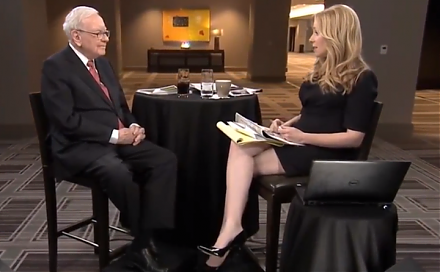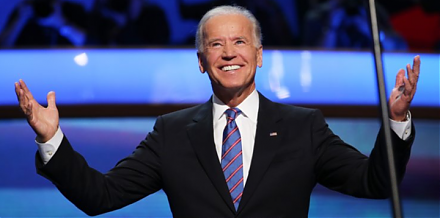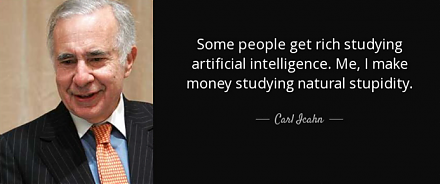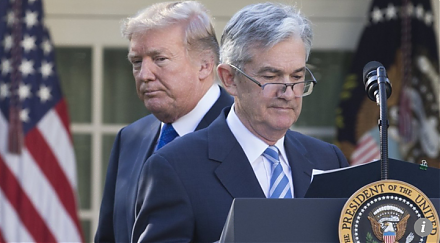

2019-01-19 12:38:00 Sat ET
treasury deficit debt employment inflation interest rate macrofinance fiscal stimulus economic growth fiscal budget public finance treasury bond treasury yield sovereign debt sovereign wealth fund tax cuts government expenditures
U.S. government shuts down again because House Democrats refuse to spend $5 billion on the border wall that would give President Trump great victory on his best-known policy. No other OECD democracy has such abrupt government shutdowns. Should the current U.S. government shutdown be about policy differences, House Democrats would try to achieve a compromise deal with the Trump administration.
Nevertheless, this congressional standoff is about presidential authority. President Trump must win this fight; otherwise, he would allow House Democrats to constrain his presidential power. A key concern is that President Trump may use his national emergency power to build the southern border wall. In this worse-case scenario, the eventual degradation of good government may continue.
In reality, the current U.S. government shutdown happens not because America is in turmoil: the country is not at war; the economy operates near full employment; and even Fed Chair Jerome Powell praises the robust economic outlook with low inflation and high productivity growth. The current government shutdown happens because President Trump needs to fulfill one of the most controversial campaign promises that his fervent followers favor. When the U.S. government reopens, both Congress and the Trump administration can revisit the comprehensive issues of border security and immigration reform without having to inflict financial pain on public employees in the specific form of furlough or work without pay.
If any of our AYA Analytica financial health memos (FHM), blog posts, ebooks, newsletters, and notifications etc, or any other form of online content curation, involves potential copyright concerns, please feel free to contact us at service@ayafintech.network so that we can remove relevant content in response to any such request within a reasonable time frame.
2018-04-05 07:42:00 Thursday ET

CNBC news anchor Becky Quick interviews Berkshire Hathaway's Warren Buffett in light of the recent stock market gyrations and movements. Warren Buffett
2017-09-13 10:35:00 Wednesday ET

CNBC reports the Top 5 features of Apple's iPhone X. This new product release can be the rising tide that lifts all boats in Apple's upstream value
2019-05-05 10:34:00 Sunday ET

Former Vice President Joe Biden enters the next U.S. presidential race with many moderate-to-progressive policy proposals. At the age of 76, Biden stands ou
2023-06-28 09:29:00 Wednesday ET

Carmen Reinhart and Kenneth Rogoff delve into several centuries of cross-country crisis data to find the key root causes of financial crises for asset marke
2017-11-29 07:42:00 Wednesday ET

The octogenarian billionaire and activist investor Carl Icahn mulls over steps to shake up the board of SandRidge Energy after the oil-and-gas company adopt
2018-10-07 13:39:00 Sunday ET

The U.S. greenback soars in value as the Federal Reserve continues its interest rate hike. With impressive service-sector data and non-farm payroll wage gro